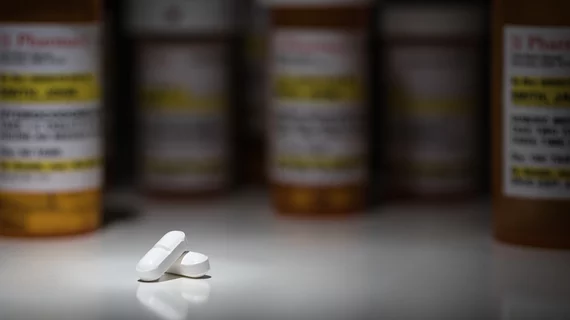The U.S. Drug Enforcement Agency is extending providers’ telehealth prescribing capabilities beyond the end of the COVID public health emergency.
The temporary rule, issued on May 9, will allow providers to prescribe controlled medications through telemedicine appointments without an in-person consultation until November 11. This change follows a comment period on proposed rules that would inhibit prescribing controlled medications without an in-person interaction via telehealth—a move that was made during the height of the pandemic to prevent a lapse in care for patients.
Many relevant stakeholders pushed for such rules to become permanent, citing increased patient access to care as the primary benefit. However, others were concerned that a lack of in-person visits would result in an issue with overprescribing controlled substances and further exacerbate the opioid crisis in America.
In a February statement, DEA Administrator Anne Milgram said that the agency “is committed to ensuring that all Americans can access needed medications,” and that they support the expansion of telemedicine “with guardrails” to prevent overprescribing.
With the rule being extended, providers will continue to have the prescribing flexibilities included in the COVID-19 PHE until mid-November. Additionally, the rule would allow such flexibility to continue for provider-patient relationships established prior to or on November 11 for up to one year, expiring on November 11, 2024.
In the meantime, the agency indicated that it will continue to review public comments on the matter and anticipates a final set of regulations pertaining to telemedicine and prescribing capabilities in the near future.
“...the goal of this temporary rule is to ensure a smooth transition for patients and practitioners that have come to rely on the availability of telemedicine for controlled medication prescriptions, as well as allowing adequate time for providers to come into compliance with any new standards or safeguards that DEA and/or SAMHSA promulgate in one or more final rules,” the rule reads.
Health Exec will provide additional updates as they become available.

